Mindfulness-Based Cognitive Therapy (MBCT) Certificate Course Experiential Workshop by Richard Sears
Mindfulness-Based Cognitive Therapy (MBCT) Certificate Course
Description
Are you like many other frustrated clinicians,wanting to incorporate mindfulness into your therapy practice but struggling to do so? All around you are mindfulness articles and workshops that are ineffective to give you concrete, practical skills to help your clients.
Take action today! An emerging evidence-based approach, called Mindfulness-Based Cognitive Therapy (MBCT) has proven effectiveness!
In this new experiential certificate workshop, immerse yourself in the entire MBCT curriculum, an 8 session structured program that combines mindfulness and cognitive therapy techniques. MBCT is evidenced based, and is an advanced clinical version of the popular Mindfulness Based Stress Reduction (MBSR).
Expert trainer Dr. Richard Sears will personally guide you step by step through core competencies of MBCT with passion, humor, and wisdom from his 30 years of teaching mindfulness. He will show you proven strategies for a wide range of psychological disorders, including:
- PTSD
- Anxiety
- Chronic pain
- Addictions
- Depression
- And MORE!
Add this treatment approach to your toolbox to use with individual clients or group therapy! No stressing, just follow the 8 sessions laid out in this workshop!!
- Competencies of MBCT
- Foundations of MBCT
- Mindfulness-Based Stress Reduction (MBSR)
- Original MBCT trials
- Evidence base for MBCT
- Neurological evidence
- Principles
- Adaptation and expansion of CBT principles
- Decenter from strong and persistent negative thoughts
- Leading mindfulness exercises skillfully
- Mindful inquiry
- Foundations of MBCT
- MBCT Curriculum & Core Therapeutic Tasks
- Session 1: Awareness and Automatic Pilot
- Raisin exercise – distinguish thinking and feeling
- Body scan – foundation to build attention
- Mindfulness of daily activities
- Session 2: Living in Our Heads
- ABC model for linking thoughts and emotions
- Pleasant events calendar to foster attention to the positive
- Mindful breathing for stress and focus
- Session 3: Gather the Scattered Mind
- Mindful stretching for working with discomfort
- Mindful walking for dynamic mindfulness
- Unpleasant events calendar to relate differently to difficulty
- 3-Minute breathing space
- Session 4: Recognize Aversion
- Mindfulness of breath, body, sounds to deepen awareness
- Working with difficulties without struggle
- Session 5: Allow/Let Be
- Exposure to difficult thoughts and feelings to transform them
- Notice thoughts without getting lost in them
- Session 6: Thoughts are Not Facts
- Purposefully exposing to strong thoughts and feelings
- Techniques for working wisely with difficult thoughts
- Session 7: How Can I Best Take Care of Myself?
- Recognize relapse signatures to prevent future problems
- Develop self-care action plans
- Session 8: Maintaining and Extending New Learning
- Personalize mindfulness practices for individual clients
- Maintain momentum of positive gains
- Session 1: Awareness and Automatic Pilot
- Clinical Issues – Advanced Strategies for Working with Challenging Clients
- Adaptations of MBCT for
- Depression
- Stress
- Anxiety
- Chronic Pain
- PTSD
- Substance Use Disorders
- Children & Adolescents
- Evaluations and Dissemination
- Adaptations of MBCT for
More information about Medical:
Medicine is the science and practice of establishing the diagnosis, prognosis, treatment, and prevention of disease.
Medicine encompasses a variety of health care practices evolved to maintain and restore health by the prevention and treatment of illness.
Contemporary medicine applies biomedical sciences, biomedical research, genetics, and medical technology to diagnose, treat, and prevent injury and disease,
typically through pharmaceuticals or surgery, but also through therapies as diverse as psychotherapy, external splints and traction, medical devices, biologics, and ionizing radiation, amongst others.
Medicine has been around for thousands of years, during most of which it was an art (an area of skill and knowledge) frequently having connections to the religious and
philosophical beliefs of local culture. For example, a medicine man would apply herbs and say prayers for healing, or an ancient philosopher and physician would apply bloodletting according to the theories of humorism.
In recent centuries, since the advent of modern science, most medicine has become a combination of art and science (both basic and applied, under the umbrella of medical science).
While stitching technique for sutures is an art learned through practice, the knowledge of what happens at the cellular and molecular level in the tissues being stitched arises through science.


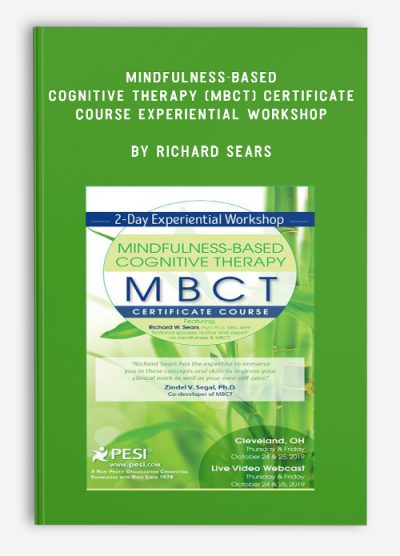
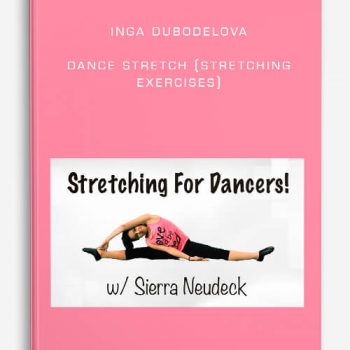
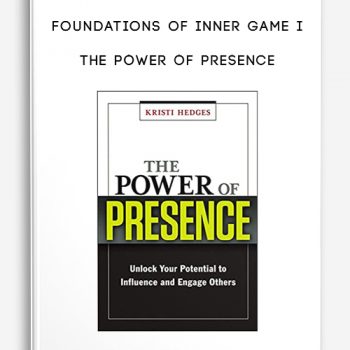

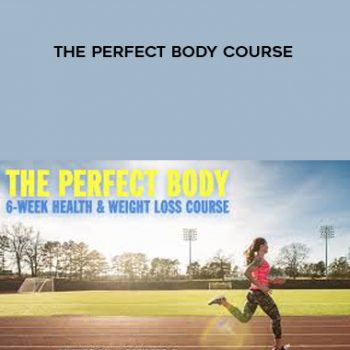
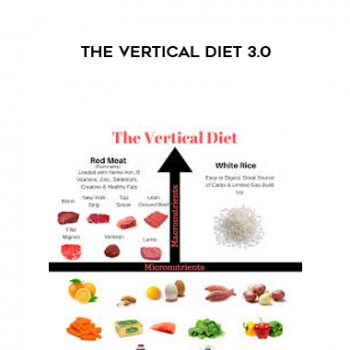
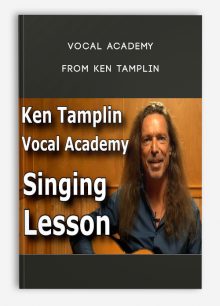
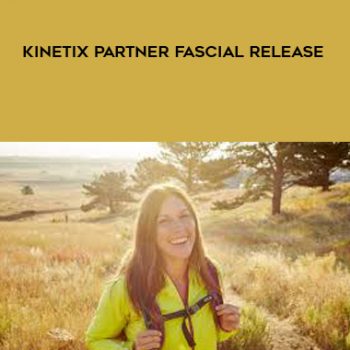
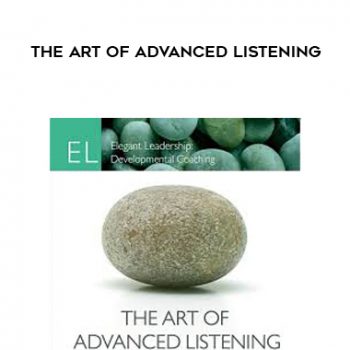
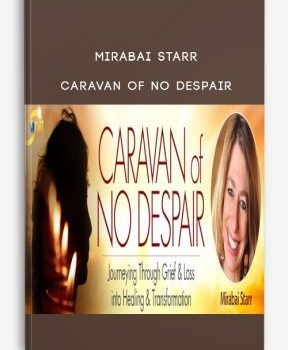
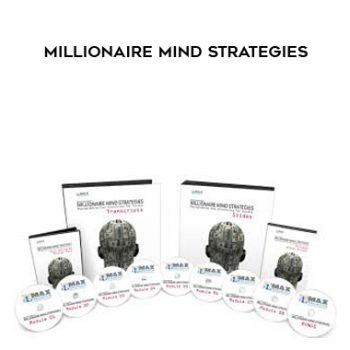
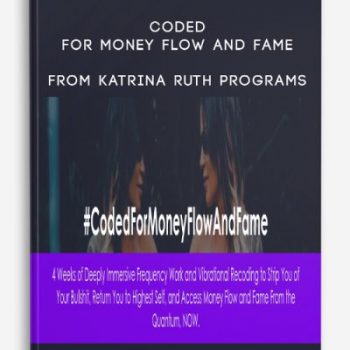
tristian –
This is Digital Download service, the course is available at Coursecui.com and Email download delivery.